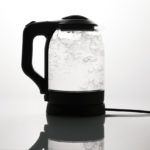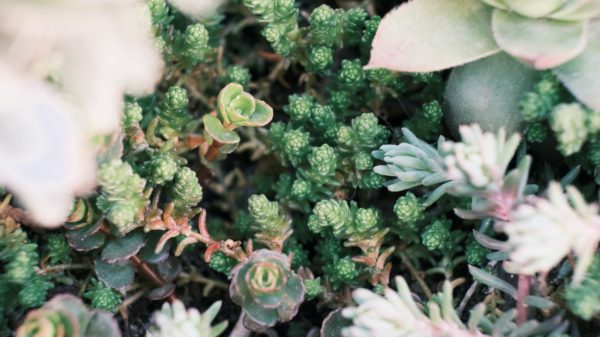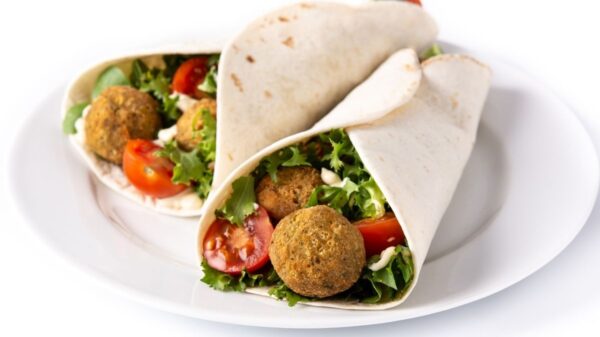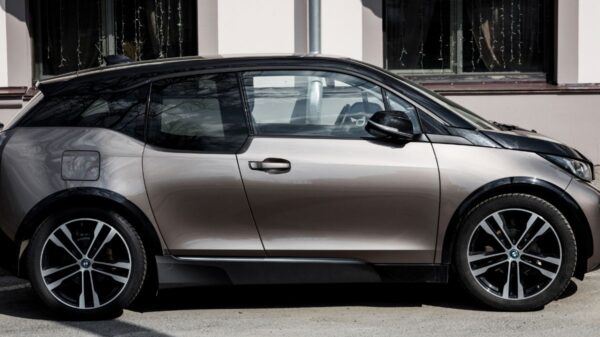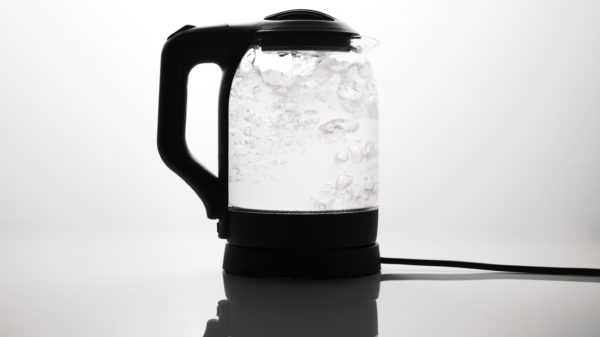We try not to waste food. But there are times when we find things growing at the back of the fridge! We also cook a lot from scratch and have peelings and scraps to deal with daily. According to The Waste and Resources Action Programme food waste in the UK contributes around 25 million tonnes CO2e*, equivalent to 5% of total UK territorial emissions and the same as 10 million cars (or 1 in 3 cars on UK roads). This is mostly caused by the organic matter breaking down in anaerobic conditions which produces large quantities of methane, a greenhouse gas considerably more potent than CO2.
Our local council have also, in their infinite wisdom, also started charging £40pa for green bin collections. So we started to look for a more environmentally friendly and cheap way to deal with our organic waste. We decided that some type of composting system would be best suited to our needs and settled upon setting up a wormery. A wormery is a little neater than a compost heap and quite a bit less work. It must be said that we had no knowledge of how to become worm farmers prior to this and most of our learning has come from the booklet we received with our wormery kit and YouTube videos. The one below is quite a good introduction.
We bought our wormery from Worm City. It cost £90 (£98 Delivered – you can pick them up in some garden centres). So it should pay for itself within 3 years. Worms can eat up to half their own body weight every day and can double their population every 60-90 days. The wormery came with 500g of live worms so after a couple of months can deal with all your kitchen waste. It must be said that the worms’ appetite is greater in warmer months than through the winter so you should take care not to overfeed them during the winter. Wormery worms are not garden worms and if you decide to make your own wormery you will still need to source the correct type of worms. You may find someone who already has an established colony will donate a handful to get you started.
How To Care For Your Worms
They really don’t need much looking after. You should site your wormery so it doesn’t ‘cook’ the worms in the summer, so out of the direct glare of the midday sun. Other than that it is about feeding and occasionally emptying the sump.
We probably go further than most and use a hand blender to chop up peelings into smaller worm mouth sized bites! The worms will basically eat any organic matter, but they do have preferences. Worms like vegetables (all parts), fruit, coffee grounds, tea leaves, bread (especially crusts), starch based foods, stale and left over cereals (minus excess milk), crushed egg shells, cake (this NEVER happens in our house), cardboard & paper and pet poo, but not in those plastic bags. You can also give your worms small amounts of meat, garlic, onions, citrus and cheese.
It should be noted that you should not give your worms bones (have you seen their teeth?), dairy, old cooking oil, soap, grass cuttings, any chemicals or chicken manure.
So what are the advantages of having a wormery?
- You reduce your household carbon footprint – We now throw very little organic material away. You do have to limit the amount of some types of food you put into a wormery though (they are not keen on citrus peelings and we don’t add teabags due to their microplastic content*). [*After we have finished using our current teabag mountain we are moving to using loose leaf tea]
- Free compost – during the warmer Summer months our worms have a voracious appetite and produce enough compost for our repotting and gardening needs. Any excess is added to the topsoil as a conditioner.
- Free liquid fertiliser – our wormery has a sump that collects the juices (leachate) that are produced as part of the natural digestion of our food waste. This liquid is nutrient rich and full of goodies that can be used to feed your house & garden plants. No need to buy any more Baby Bio!
- They can be very cheap to set up – You can make one out of recycled plastic crates with some donated worms.
- Your bin will smell better – Our household bin is only collected once a fortnight and at some times of year (Christmas) it can be almost 4 weeks between collections. After 2 weeks of Summer organic matter in your bin can smell pretty bad! Now we don’t have that problem.
- Wormeries are less work than a compost heap – they also take up less space, look nicer and give you a very useful liquid feed.
- You can also compost paper and cardboard – you have to be careful not to give them too much of this, but adding your shredded confidential paperwork and old bank statements is fine. Before you know it, they’ll be worm poo!
[*CO2e = Carbon Dioxide Equivalent, includes Methane and other Greenhouse Gases]










